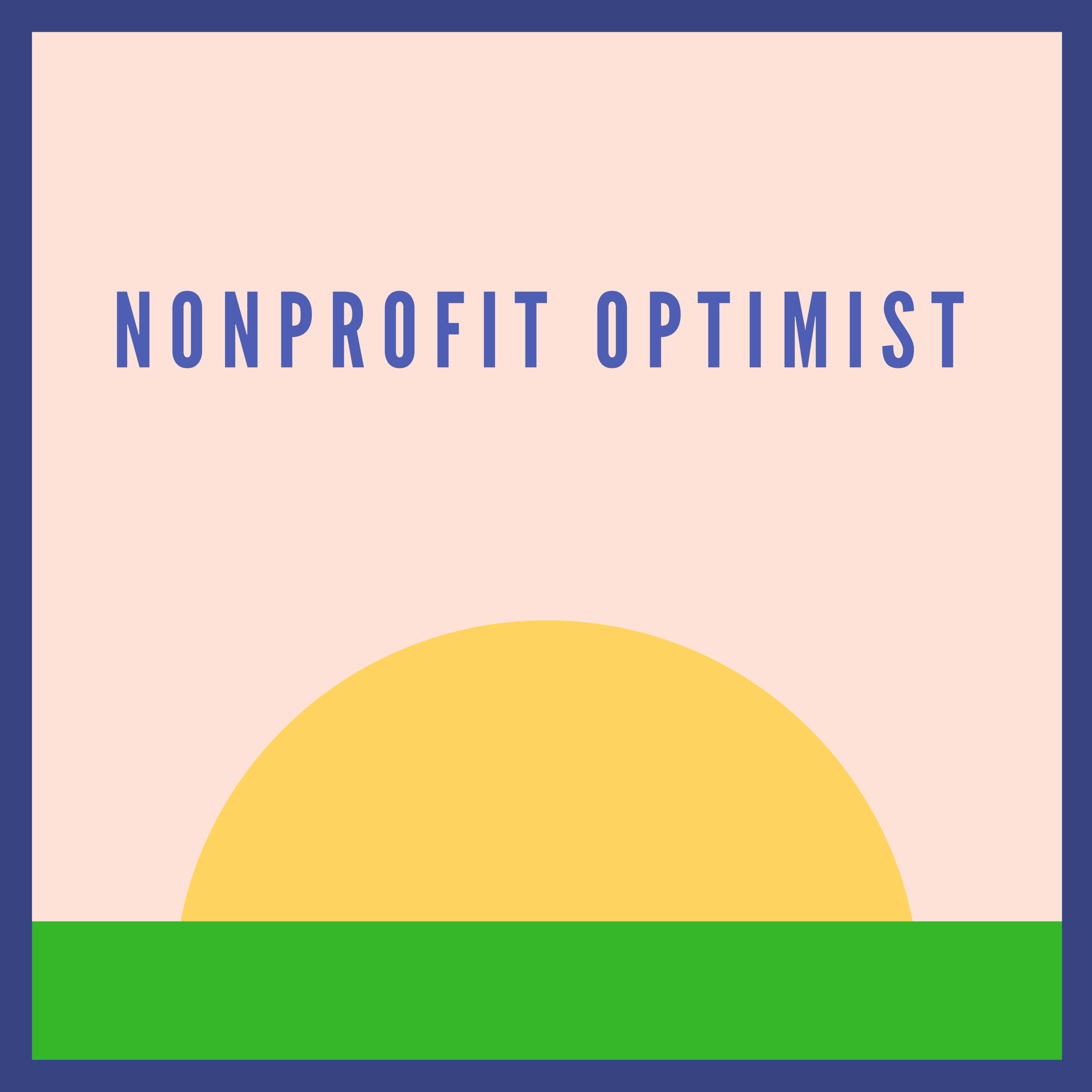NPO 029: Email Communication and Maximizing Time (John Zimmerman, Casting for Hope)
Today's Guest: John Zimmerman
John is co-founder, board chair and CEO of Casting for Hope. He is also the Department of Humanities Chair at Patton High School. He has done graduate work at ASU, UNCG, UNCC, NCSU. With Taylor, John co-owns and runs Upper Creek Angler, a fly-fishing guide and custom tackle service based out of Morganton, North Carolina.
John is the organizer on the team. Partnering with Taylor in vision and mission setting, John’s gifts with organizational patterns and imaginative mind for processes give life to Taylor’s gifts at visualizing the future for Casting for Hope.
Together with Taylor, John co-directs and co-manages the annual Mipso in Morganton concert, the fishing side of the Casting for Hope Retreats, the Casting for Hope Gold Level Fly-Fishing Competition, and the Morning of Hope 5K Race and Community Sunrise Service.
Nonprofit Spotlight: Casting for Hope
Casting for Hope is committed to providing limited financial assistance to women in western North Carolina who are living with ovarian or other gynecological cancers. But more than that, Casting for Hope is committed to attending to the emotional and spiritual needs of these same women and their families through fly-fishing retreats, fly-tying and rod-building clinics, and other avenues of personal and family re-creation.
Lessons Learned:
In our conversation, John shared about they systems he's put into place to maximize his all-volunteer team, as well as his own time. Some of the key lessons learned are outlined below:
Engage interns:
Getting competent and capable interns involved gives organizations the opportunity to increase the work output of board (or staff) members while farming out some of the administrative tasks.
Identify what work takes up the most time with the least return for the organization. For example, John found that he was spending an hour each time he needed to go to the bank with a deposit. By passing those responsibilities off to an intern, he was able to still have the same good record-keeping, but had those extra hours back into his time that he could devote to Casting for Hope.
Create a system that works for you for email and electronic communication.
John deletes all emails that have been in his inbox for 7 days or more! He has set up a few things in order to make that system work for him:
He has set it up so that his fellow executive trio members' emails get flagged as VIP so that he won't miss those. (For folks using gmail, you can easily do this with filters.)
He has informed the board and those working closely with him that the best way to get his attention is via text. He is then notified when an important email is heading his way.
Identify chunks of time that could be used to read emails so that you can be focused. Rather than getting email alerts constantly even when you're not able to fully respond or understand them, create a system where you check email between certain times each day (John usually checks between 5 and 7) and allow yourself to truly focus on this task.
Be present to people.
John's mantra of "doing the people work when the people are around" is his way of recognizing that the emails and paperwork will still be there later, but spending time face to face with people is really important. Whether it's donors, board members, or partners in the work, more can get accomplished in person than in electronic communication.
It's easy for people to ignore emails. We get inundated with emails from so many different sources, that it's easy to overlook them, not read them at all, or not feel compelled to action. It's much harder for people to say no in person or on the phone.
Meeting with people in your own office gives you the opportunity to specialize the experience and surround them with photos and stories of the work you're doing. It can be a much more compelling pitch. In John's office, they have decorated the walls with all the people who have attended their retreats and it helps to bring the mission alive.
John also talked about making time for board members in one on one meetings that he calls idea meetings. These meetings are opportunities for the board member to share their ideas for the organization and for John to listen. He does this once a year and has found that there are great ideas that emerge as a result of these conversations.
Find Casting for Hope online:
- Website: http://castingforhope.org/
- Social Media:
Consultation Offer!
Have you ever thought about having a podcast for your nonprofit? Are you not sure if you have the right topic, mission, or resources for it? Are you wondering how to get started and how much it will cost? Click the link below to learn more!







